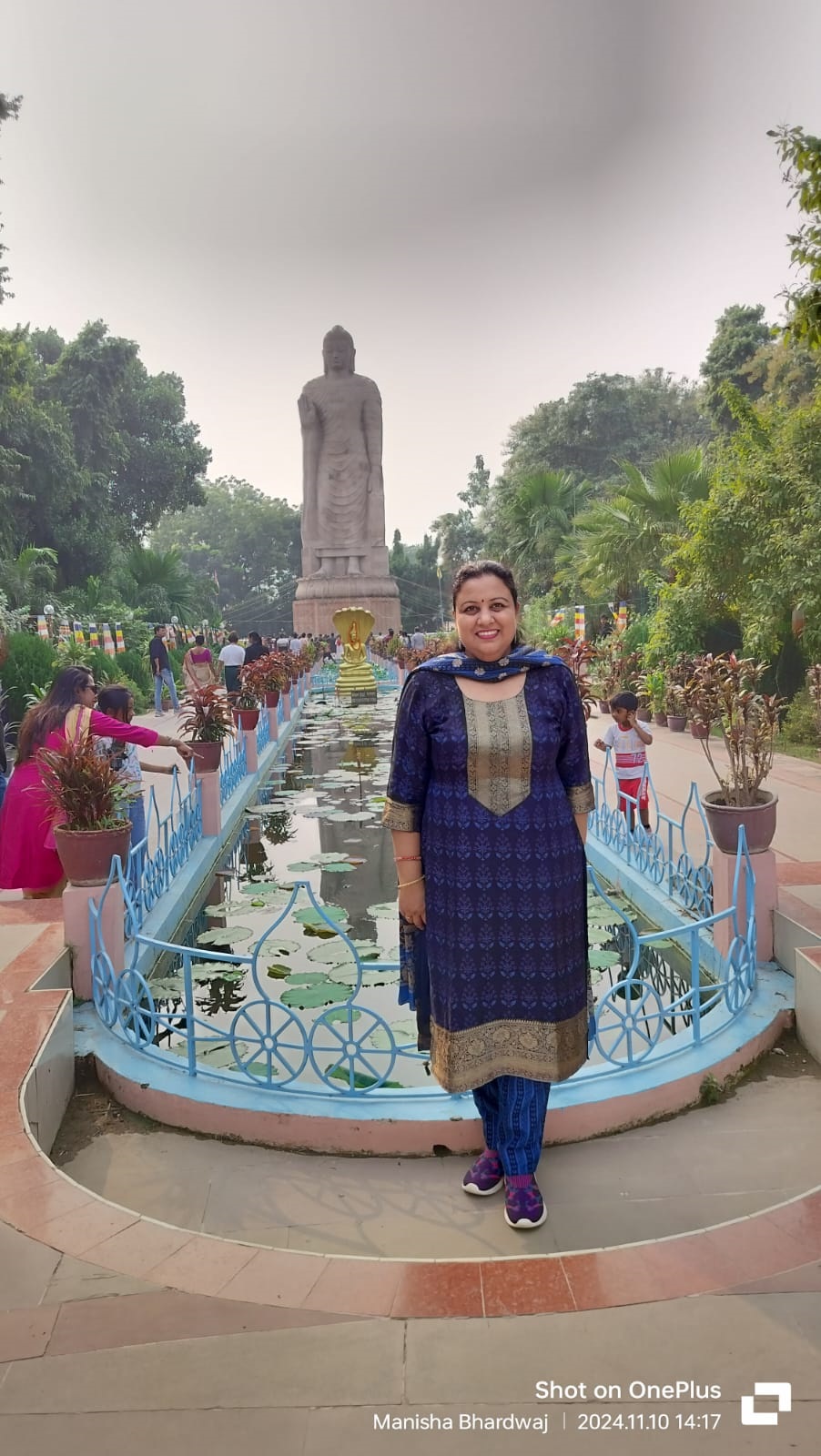
By Dr. MANISHA BHARDWAJ
I find myself like a traveller who did not travel far but whose entire geography changed. Varanasi now resides within me – a city which is not a river but time; which is not a place but a feeling; and a year has passed, but my story has just begun. Because I know – here every anniversary is a symbol of new birth and which means – to assimilate one’s own transformation.
Varanasi, also known as Kashi or Banaras, this city is immersed in the waves of Ganga as if nature itself has blessed it with immortality by holding it in its palm. The incense spread in the air here, the voices of devotion rising from the ghats, and the light of the lamps flickering in the evening aarti – everything flows like a poem.
The laughter of the avadhoots mixed in the air here, the crooked glances of the Aghoris, and the smell of carefreeness lying in the corners of the streets – everything is a proclamation of an indomitable acceptance. This city lives life in its fullest: no shame, no hesitation, no fear of death. The people here flow like the water of the Ganges – sometimes calm, sometimes turbulent, but always connected to their origins.
Dance of the Ghats
The ghats of Varanasi are the bridge between life and death. The faith of the devotees bathing in the pristine waters of the Ganga at sunrise at Dashashwamedh Ghat, and the desire for salvation amidst the flames of fire at Manikarnika—every aspect of life becomes a philosophy here.
The scene of Ganga Aarti at dusk is a creation where light, sound, and devotion combine to create a cosmic symphony. The flame of the diyas floating on the waves of the river looks as if the stars have decided to touch the earth.
Mathematics of the streets
The narrow streets of the city seem like a manuscript of an ancient saga. At every turn, one finds the shadows of old temples, centuries-old peepal trees, and discussions of sages and hermits sitting at tea shops. The place of worship of Kabir, Tulsi, and Ravidas, this city is an inexhaustible repository of literature and music.
Like Banarasi silk sarees, the culture here is also intricately woven—where the thumri of devotion and the tune of classical music together echo a supernatural melody. The streets of Varanasi are not just made of stones, but of dreams made of clay.
This city, even amidst its spiritual heights, has preserved the rustic simplicity, as if an old mother keeps a coin of childhood hidden in the folds of her dupatta. The town culture here is like that old peepal tree, whose roots are deep in history, but sitting in the shade, tells the stories of the village.
Philosophy beyond time
The glory of Varanasi lies not in its antiquity, but in the “infinity” that pervades every particle here. While the peak of the Vishwanath temple communicates with the sky, the Dhamek Stupa of Sarnath reminds us of the message of Buddha which is a symbol of compassion and peace. This city sees even death as a festival – where the chants of the last journey dissolve into the echo of “Har-Har Mahadev”.
This city lives death like a fair, the people here know that the real roots of life are in chaos – like the flower offered at the Jyotirlinga of Vishwanath, which even after withering floats in the water of the Ganga, similarly the rusticity of this place also becomes immortal by embracing mortality.
Rhythm of life: authenticity and stillness
Time here is measured not by the hands of the clock, but by the shadow of the sun and the evening aarti. This rural innocence of Varanasi is its strength. This city lives away from the glitz of the metropolis, in the fragrance of its soil – where dust flies when slippers are dragged, and the sweetness of relationships is as warm and natural as rotis cooked on the stove.
The town culture here does not flow with time, but allows time to flow with it… like an old boat floating in the flow of the Ganga, which is at peace not about the destination, but about the journey.
Varanasi is a mirror that reflects the eternal consciousness of India. This city is such a confluence of river, history, and spirituality where every moment something is destroyed, something is born – but Kashi never gets destroyed.
This is not a city, it is an “experience”- which by looking beyond time makes a man realize his mortal and eternal being simultaneously.
(The author is an educationist)

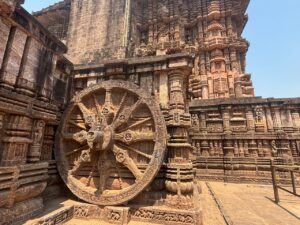
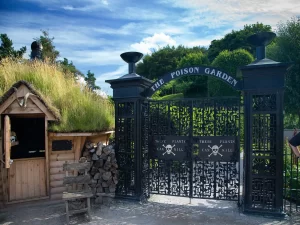


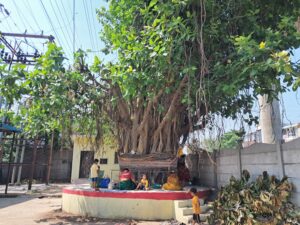
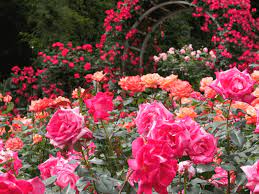

Excellent Article
Thank you so much sir. You are real creator behind my writing